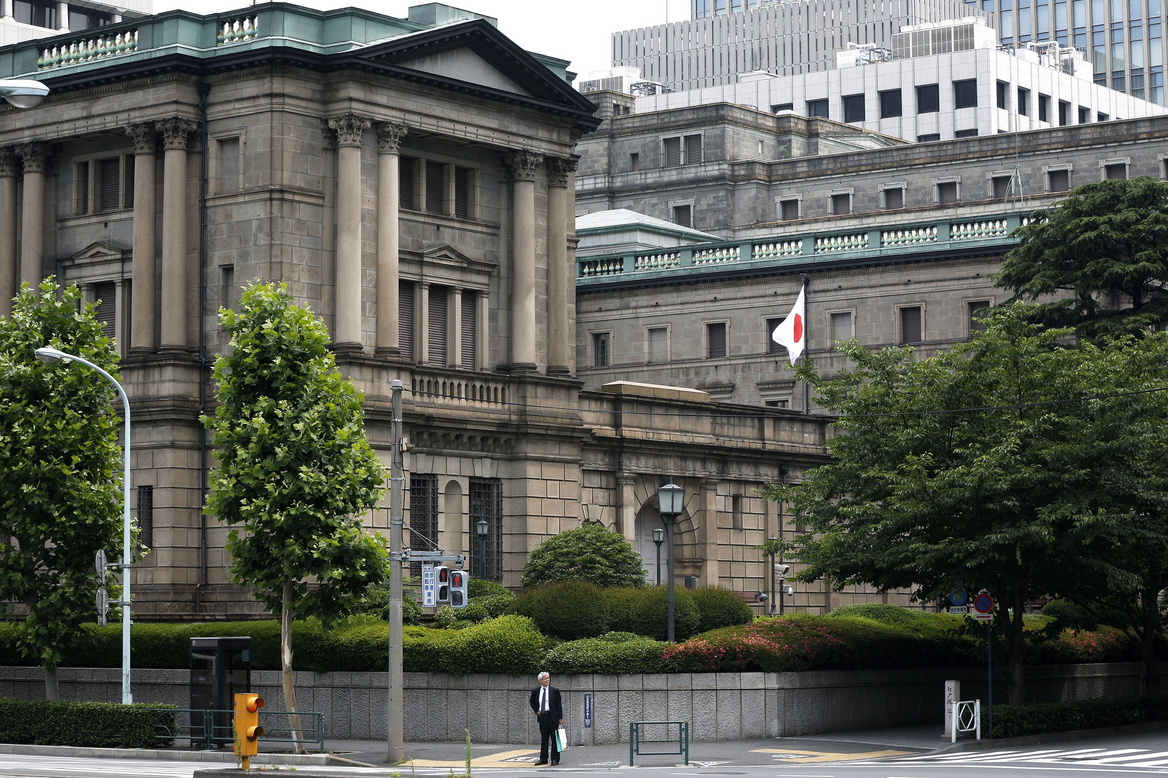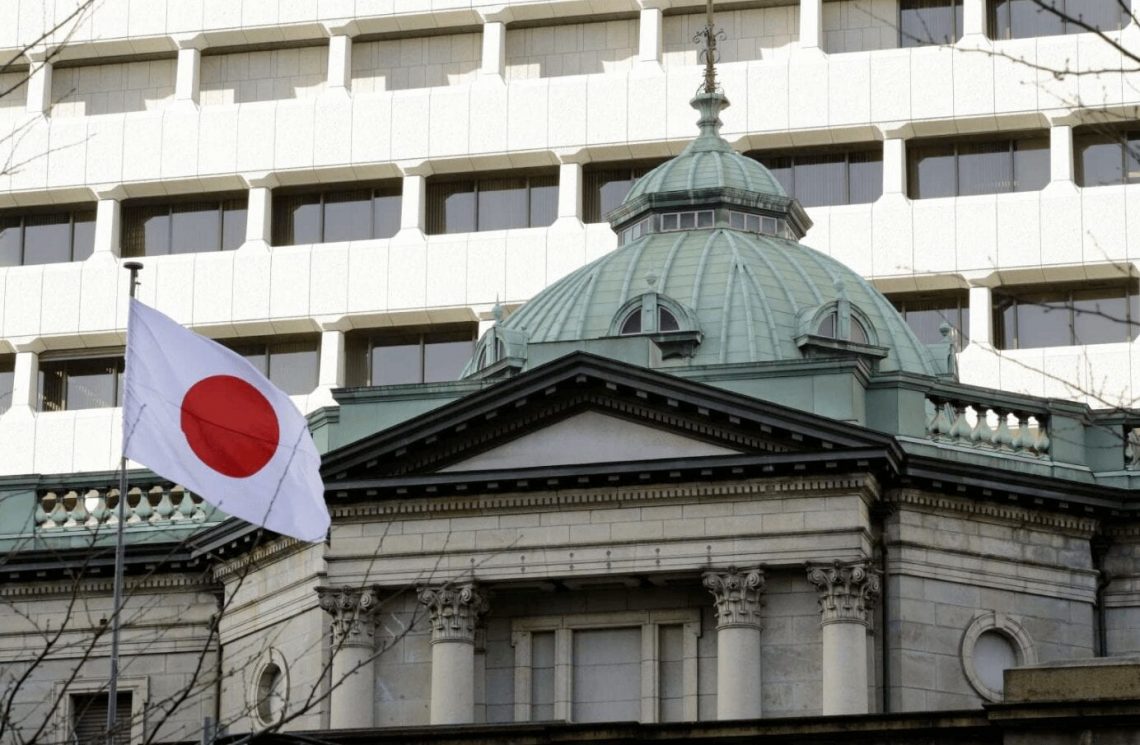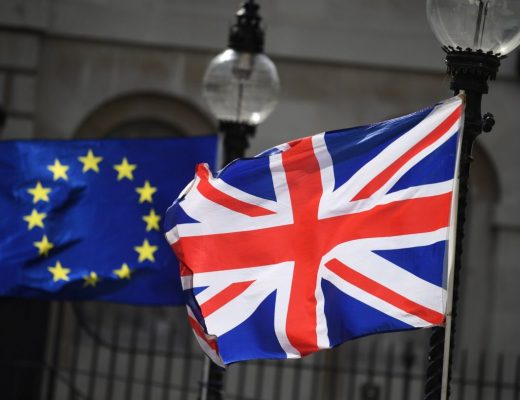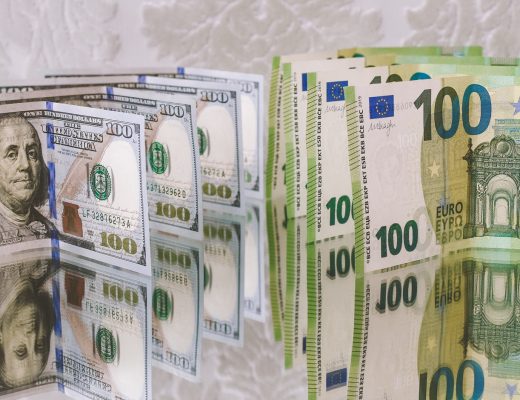Bank of Japan holds monetary policy meeting
The Bank of Japan held a regular meeting, where among other issues, the interest rate was discussed. During the meeting it was decided to leave the rate unchanged – at -0.1%. Seven participants of the meeting preferred to leave the current value of the rate, and only one member of the meeting spoke against it.
It should be noted that for the first time the main regulator introduced a negative rate back in early 2016. Since then, it has remained at this level. In addition to this indicator, the Central Bank also considered the issue of commercial paper and corporate bonds. It was decided to extend the period of their additional redemption. The maximum amount of redemption was set at 15 trillion yen.
The Bank of Japan also approved a plan for the regular purchase of government bonds, and the institution has the right to conduct this procedure in unlimited quantities. Yield targeting at around 0% for 10-year government securities continued. However, the regulator notes that yields could rise or fall, depending on the impact of market prices and overall economic activity in the country. The annual redemption limit for ETF securities remains unchanged at about 12 trillion yen. The volume for real estate investment trusts is at 180 billion yen.
The annual redemption limit for ETF securities remains unchanged at about 12 trillion yen. The volume for real estate investment trusts is at 180 billion yen.
According to the Bank of Japan, the fiscal year for the country ended with a 5.6% decline in GDP. As for the forecast for the future period, it was 3.9%.
Analysts expect deflation to be at 0.5%, and a similar inflation rate is expected.
The regulator noted that the programs of economic support will last in the country as long as it will be necessary to ensure full recovery and growth. At the same time, the bank has repeatedly stated that the impact of the pandemic on the country’s market was not as serious as previously expected. Japan still has an assistance package for companies affected by COVID-19. The program involves lending to such companies on favorable terms. How it is implemented: the regulator provides loans to commercial banks at a zero rate. These financial institutions, in turn, provide interest-free loans to companies, without requiring them to provide collateral. In addition, banks can place a deposit with the Central Bank at a rate of 0.1%.
It should be noted that after the announcement of the results of the meeting the yen exchange rate fell by 0.4% against the dollar. However, according to experts, such weakening of the national currency will not be observed for a long time, and after some time, Japanese money will strengthen again.










